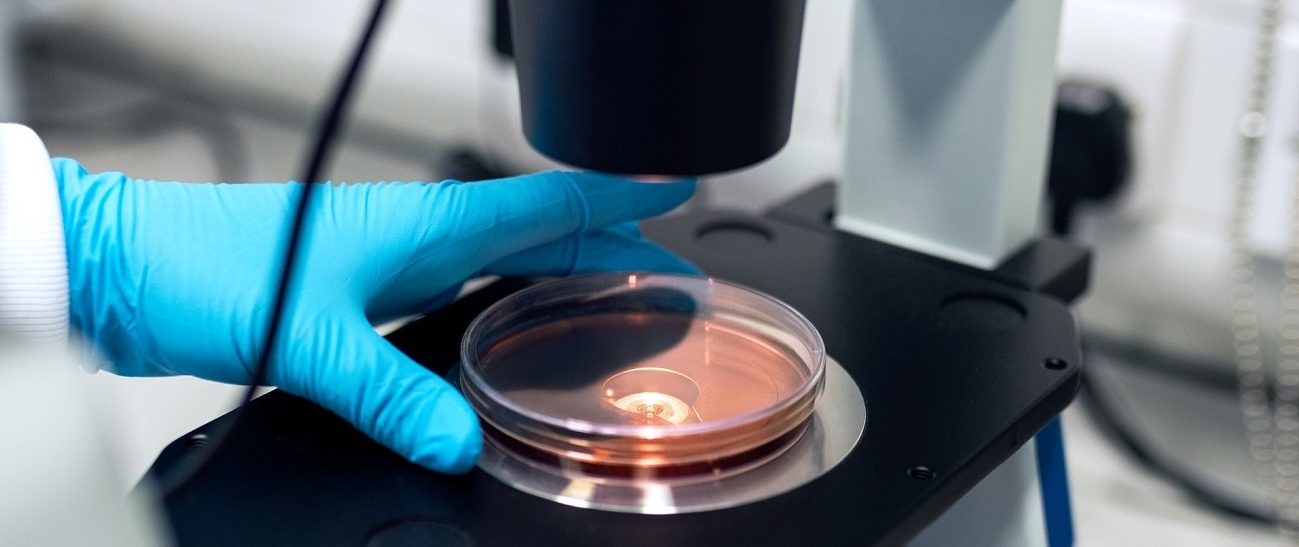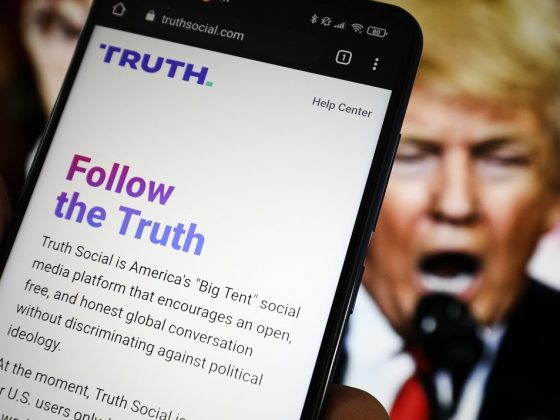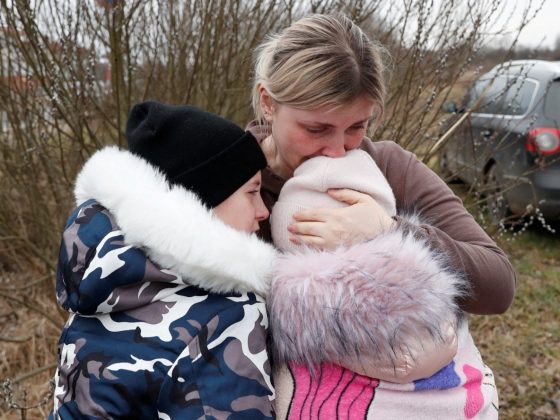According to a recent survey by the Pew Research Center, trust in scientists and medical scientists has dropped.
The survey found that only 29% of U.S. adults have a great deal of confidence in both scientists and medical scientists to act in the best interests of the public, down from 40% who said this in November 2020. Not only scientific and medical professions are seeing a decline in the public’s trust. The share of Americans with a great deal of confidence in the military to act in the public’s best interests has fallen 14 points, from 39% in November 2020 to 25% in the current survey, and the percentage of Americans with a lot of confidence in K-12 public school principals and police officers have also decreased.
“In order to reform public servants and scientists so they work for the sake of the public and not for themselves, we must transform our entire education system. From the earliest years and throughout people’s lives, they must be occupied in a continuous educational process.”
As I see it, there are several levels to this phenomenon. On the more superficial level, the public simply does not want to keep funding empty, pointless studies that have no benefit to anyone other than for those who carry them out. We have built institutions, research centers, and laboratories that do not bring anyone any good. It is better to keep away from these “findings,” which only confuse us, and not waste taxpayers’ money on such studies.
On a deeper level, public servants, or anyone whose job is to serve the public and work for the public benefit, are inherently inept for their job. Their own nature prevents them from carrying out their task.
The problem is not with them, but with all of society. It is not as if anyone else would be more trustworthy if they were in their shoes. When all of society is rife with mistrust and ill-will, the representatives of the public cannot be better than the public that placed them in their positions.
The only way to change the public from which its servants come is through education. This is where we must invest our money, time, and efforts. The values at the basis of society determine its structure, and define the level of trust between the public and its officials. Do civil servants really want to serve the society and understand what it means to serve? Do they know where they want to lead society? Do they know what they can contribute? If they can do all these then they are trustworthy. But what public servant is like that?
“The problem is not with them, but with all of society. It is not as if anyone else would be more trustworthy if they were in their shoes. When all of society is rife with mistrust and ill-will, the representatives of the public cannot be better than the public that placed them in their positions.”
In order to reform public servants and scientists so they work for the sake of the public and not for themselves, we must transform our entire education system. From the earliest years and throughout people’s lives, they must be occupied in a continuous educational process.
When we are born, we are merely two-legged animals. Education must provide people not only with knowledge, but first and foremost with humane values, with ethics that place unity and friendship above selfishness and narcissism.
If people are not taught that society consists of many people working together to create a better life for everyone, how can we expect them to believe that working for the common good helps them personally? And if people in such a certain society do not feel connected and value mutual responsibility and concern for others, can they expect their representatives to care for them? Can a messenger of the public possess what the public that sent him does not have?
If food and other staples were distributed justly, there would not be a single hungry person in the world. All our basic needs and staples are abundant and cheap. The only reasons they are not accessible to everyone are greed and cruelty. If the world were to produce twice as much as it does today, the have nots would still not have.
In other words, there is no lack of supply; there is an awful lack of the will to supply it. In our global age, the whole world must function like a single unit. Getting there is a gradual process, but it is happening whether we want it or not. If we learn how to utilize it for everyone’s benefit and agree to work as one global unit, we will all benefit from the abundance in this world, and there will be no hunger or wars. If we refuse to accept that we are all one humanity, then the current campaign in eastern Europe will be but the harbinger of many more afflictions to come, and they will come at our own hands.











